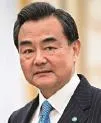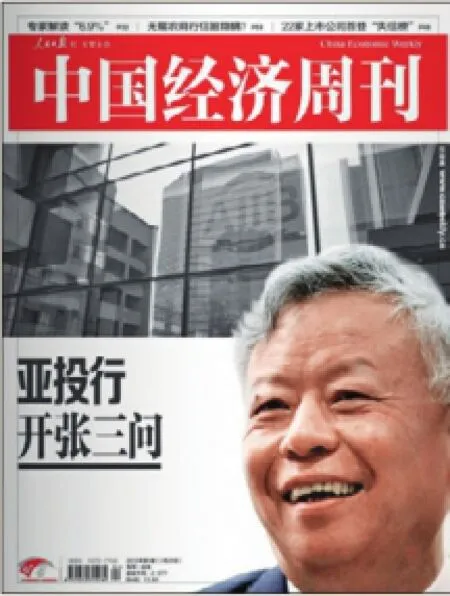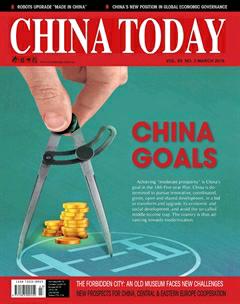Voices
2016-09-14
Voices

“China constructively participated in the whole process of negotiations on the JCPOA, and put forward helpful solutions and approaches to promote the settlement of difficult issues such as uranium enrichment and lifting sanctions. Since reaching the JCPOA, China has made preparations for the implementation of the agreement with all parties. On the issue of Arak heavy water reactor renovation in particular, China has launched highly effective cooperation with all parties, including the United States and Iran, and has promoted the reaching of the ‘official document’ and ‘memorandum of understanding,’ creating favorable conditions for the smooth arrival of the ‘Implementation Day.’China also donated RMB 4 million to the International Atomic Energy Agency for its relevant inspection tasks in Iran in 2015 and 2016 under the JCPOA.”
Foreign Minister Wang Yi made these remarks in a recent interview with Xinhua News Agency on “Implementation Day” of the joint comprehensive plan of action on the Iranian nuclear issue.

“Today, the world faces various challenges, from the refugee crisis in Europe to a string of unconventional security threats. The root cause of all these problems is lack of development: the growing gap between the rich and the poor. To create stability, development must reach every corner of the world, be inclusive, and be sustainable. The edifice of global prosperity cannot be built on the shaky foundation of a market without moral constraints; and for it to be sustainable, it must be based on innovation.”
On January 21, 2016, The Daily Telegraph published a signed article, of which the above is an extract, by Ambassador Liu Xiaoming entitled“China Will Play a Greater Part in a Shared World.”

Three Questions Regarding AIIB’s Debut
China Economic Weekly Issue No. 4, 2016
Q1: What will comprise the first batches of projects?
AIIB President Jin Liqun has indicated that the bank will welcome a raft of projects, rather than just a single one. Potential projects will be designed based on certain demands, mainly focusing on infrastructure construction and other production fields. As of now, various countries have already submitted applications. But Jin revealed that multiple challenges exist ahead. For instance, some major infrastructure projects related to the environment and migration cannot be completed rapidly, while other projects may be so sensitive – such as traditional energy and coal-fired plant programs – that AIIB’s board of directors will need to discuss them, especially following the Paris Climate Agreement. Shi Yaobin, China’s alternate governor in AIIB and China’s vice finance minister, said that, considering the urgent demand for regional infrastructure construction in other AIIB member states, China, though enjoying the entitlement to apply for loan programs, will defer all applications during AIIB’s inception phase.
Q2: How to make profits and control risk?
Jin Liqun said in an interview that, as a multilateral development organization, AIIB must realize profits, since otherwise it would be unable to maintain daily operations; however, it will not seek to maximize profits. Shi Yaobin further set out the three avenues for turning a profit. The first is to choose good programs that yield faster results and greater economic returns. The second is to cooperate with other multilateral development organizations to institute effective management and realize the wishes of stakeholders. The third is to improve the governance structure by rendering it more open, transparent, reasonable, and effective, and further by achieving a consensus among member states.
Q3: How to prevent corruption?
An ethics committee will be established inside AIIB, rather than a permanent board of directors. An innovative governance structure will also be set up, comprising the board of governors, board of directors, and senior management positions. Jin explained that the biggest problem of current organizations is that the board of executive directors not only makes policy, but also grants project approvals and, when problems crop up with a project, no one assumes responsibility. “I believe that this void in accountability has always existed in the 70-plus years since the advent of such multilateral development organizations, and that this is an issue AIIB needs to resolve.”Jin often quotes his grandmother’s words in his public addresses, “Never put public monies into your own pocket.” He believes that a sound internal ethics committee to police bank operations and officials’ ethics will regulate people’s actions. “Our program is designed to clearly define powers and responsibilities, whereby all officials to discharge their offices and assume corresponding responsibility. This is a synthesis of the set-up of existing multilateral institutions and private-sector operators,” Jin said.
